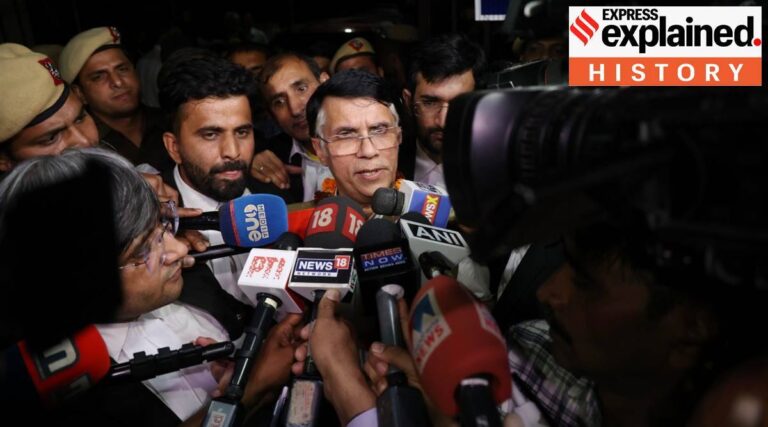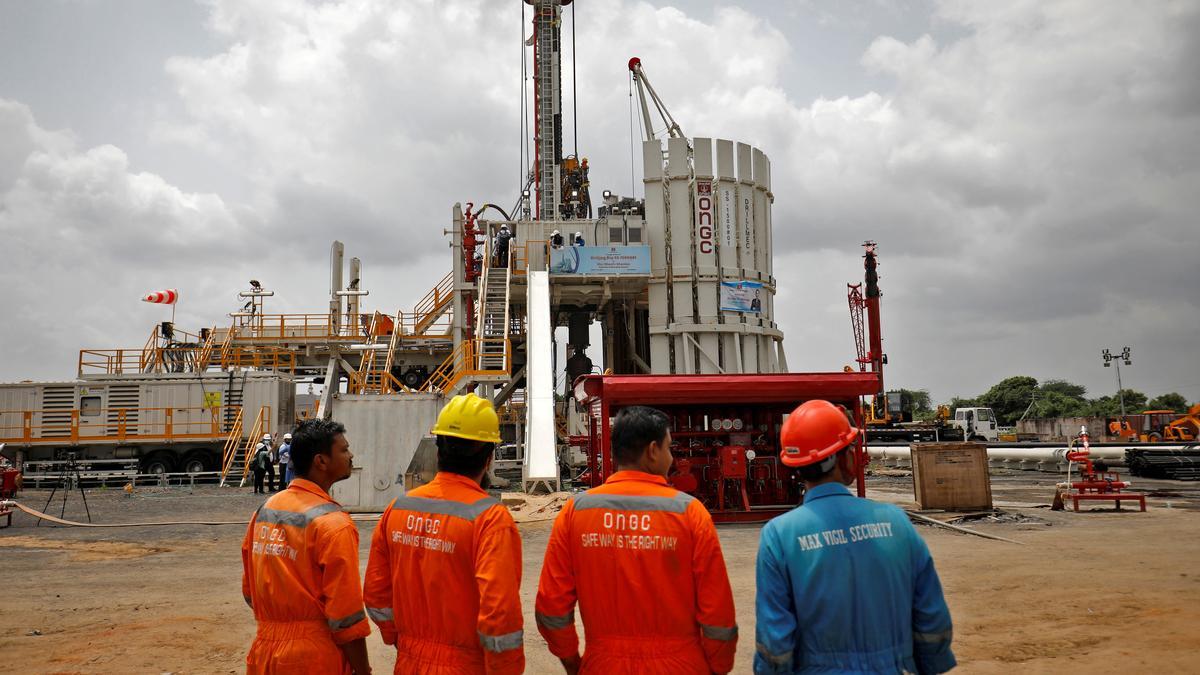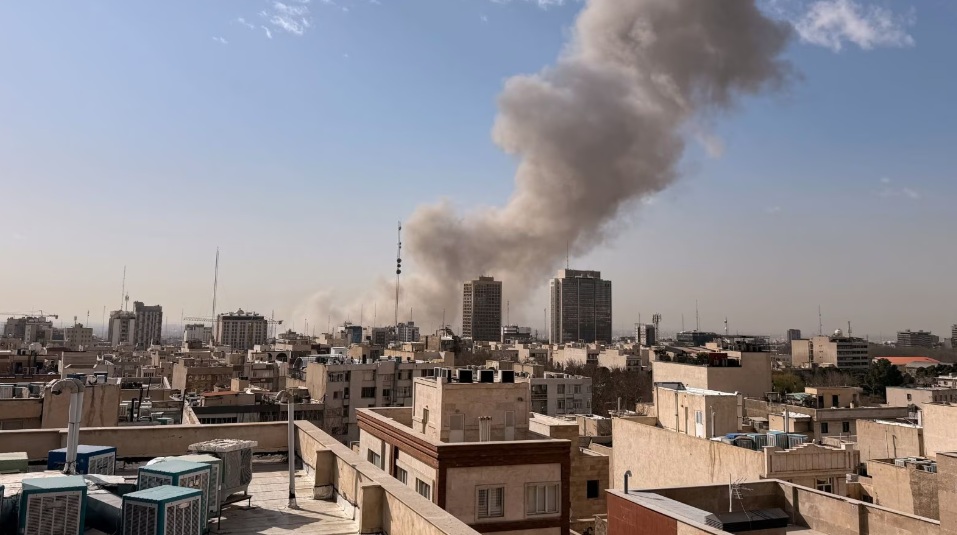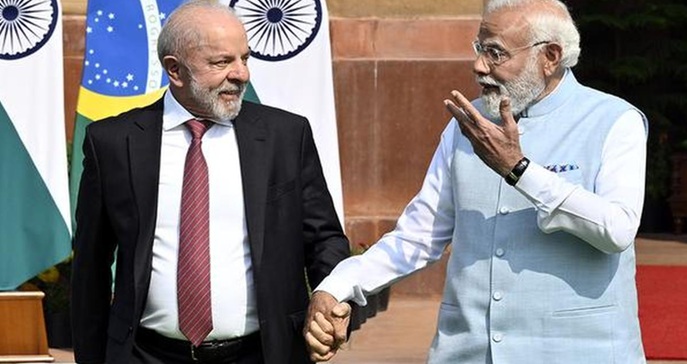What’s in today’s article?
- Why in News?
- About Hate Speech
- Article 19 and Hate Speech
- Legal Provisions of Hate Speech
- Important Judgements w.r.t. Hate Speech
- Guidelines Issued by Supreme Court to curb Misuse of Legal Provisions w.r.t. Hate Speech
- Suggestions w.r.t. Hate Speech
Why in News?
- On February 21, the Seattle City Council became the first city in the United States of America (USA) to ban caste-based discrimination.
About Hate Speech
- Hate speech covers many forms of expressions which advocate, incite, promote or justify hatred, violence and discrimination against a person or group of persons for a variety of reasons.
- It poses grave dangers for the cohesion of a democratic society, the protection of human rights and the rule of law.
- If left unaddressed, it can lead to acts of violence and conflict on a wider scale.
- In this sense hate speech is an extreme form of intolerance which contributes to hate crime.
Article 19 and Hate Speech
- Article 19(2) of the Constitution guarantees freedom of speech and expression to all citizens of India.
- This article is subjected to certain restrictions, namely, sovereignty and integrity of India, the security of the State, friendly relations with foreign States, public order, decency or morality or in relation to contempt of court, defamation or incitement to an offence.
- Provisions in clauses (2) to (6) of Article 19 authorizes the State to restrict the exercise of the freedom guaranteed under the article.
Legal Provisions of Hate Speech
- Hate speech has not been defined in any law in India.
- However, legal provisions in certain legislations prohibit select forms of speech as an exception to freedom of speech.
- Indian Penal Code (IPC) Provisions –
- Under Section 153A of IPC, ‘promotion of enmity between different groups on grounds of religion, race, place of birth, residence, language, etc., and doing acts prejudicial to maintenance of harmony’, is an offence punishable with three years’ imprisonment.
- Section 505 of IPC makes it an offence to making “statements conducing to public mischief”.
- Representation of the People Act, 1951 –
- Section 8 disqualifies a person from contesting election if he is convicted for indulging in acts amounting to illegitimate use of freedom of speech and expression.
- Protection of Civil Rights Act, 1955 –
- Section 7 penalizes incitement to, and encouragement of untouchability through words, either spoken or written, or by signs or by visible representations or otherwise.
- Religious Institutions (Prevention of Misuse) Act, 1988 –
- Section 3(g) prohibits religious institution or its manager to allow the use of any premises belonging to, or under the control of, the institution for promoting or attempting to promote disharmony, feelings of enmity, hatred, ill-will between different religious, racial, language or regional groups or castes or communities.
Important Judgements w.r.t. Hate Speech
- In Pravasi Bhalai Sangathan v. Union of India, the Supreme Court held that the implementation of existing laws would solve the problem of hate speech to a great extent.
- In Jafar Imam Naqvi v. Election Commission of India, the petitioners filed a writ petition challenging the vitriolic speeches made by the candidates in the election and prayed for issue of writ of mandamus to the Election Commission for taking appropriate steps against such speeches
- However, the Court dismissed the petition on the ground that the petition under Article 32 of the Constitution regarding speeches delivered during election campaign does not qualify as public interest litigation and that the Court cannot legislate on matters where the legislative intent is visible.
Guidelines Issued by Supreme Court to curb Misuse of Legal
Provisions w.r.t. Hate Speech
- In Tahseen Poonawalla vs Union of India (2018), the Supreme Court had issued comprehensive guidelines to the Union and State Governments regarding prevention of mob violence, lynching.
- Again, in Kodungallur Film Society case (2018), directions were issued to control vandalism by protesting mobs.
- Major guidelines include –
- Fast-tracked trials,
- Victim compensation,
- Deterrent punishment,
- Disciplinary action against lax law-enforcing officials.
- Nodal officers to be appointed to take note of hate crimes and register FIRs across the nation.
Suggestions w.r.t. Hate Speech
- The Law Commission has proposed that separate offences be added to the IPC to criminalize hate speech more specifically instead of being subsumed in the existing sections concerning inflammatory acts and speeches.
- Similar proposals to add sections to the IPC to punish acts and statements that promote racial discrimination or amount to hate speech have been made by the M.P. Bezbaruah Committee and the T.K. Viswanathan Committee.
- At present, the Committee for Reforms in Criminal Laws, which is considering more comprehensive changes to criminal law, is examining the issue of having specific provisions to tackle hate speech.
Q1) Which Article deals with restrictions on Freedom of Speech and Expression?
Article 19(2) inserts decency or morality as grounds for restricting the freedom of speech and expression.
Q2 Which Articles are only available to Citizens of India?
The Fundamental Rights guaranteed by Articles 15, 16, 19, 29, and 30 are available only to citizens of India.
Source: Pawan Khera arrest | Section 153A: its use and misuse
Last updated on February, 2026
→ UPSC Notification 2026 is now out on the official website at upsconline.nic.in.
→ UPSC IFoS Notification 2026 is now out on the official website at upsconline.nic.in.
→ UPSC Calendar 2026 has been released.
→ UPSC Final Result 2025 is expected to be released in the first week of March 2026.
→ Check out the latest UPSC Syllabus 2026 here.
→ Join Vajiram & Ravi’s Interview Guidance Programme for expert help to crack your final UPSC stage.
→ UPSC Mains Result 2025 is now out.
→ UPSC Prelims 2026 will be conducted on 24th May, 2026 & UPSC Mains 2026 will be conducted on 21st August 2026.
→ The UPSC Selection Process is of 3 stages-Prelims, Mains and Interview.
→ Prepare effectively with Vajiram & Ravi’s UPSC Prelims Test Series 2026 featuring full-length mock tests, detailed solutions, and performance analysis.
→ Enroll in Vajiram & Ravi’s UPSC Mains Test Series 2026 for structured answer writing practice, expert evaluation, and exam-oriented feedback.
→ Join Vajiram & Ravi’s Best UPSC Mentorship Program for personalized guidance, strategy planning, and one-to-one support from experienced mentors.
→ Check UPSC Marksheet 2024 Here.
→ UPSC Toppers List 2024 is released now. Shakti Dubey is UPSC AIR 1 2024 Topper.
→ Also check Best UPSC Coaching in India


















